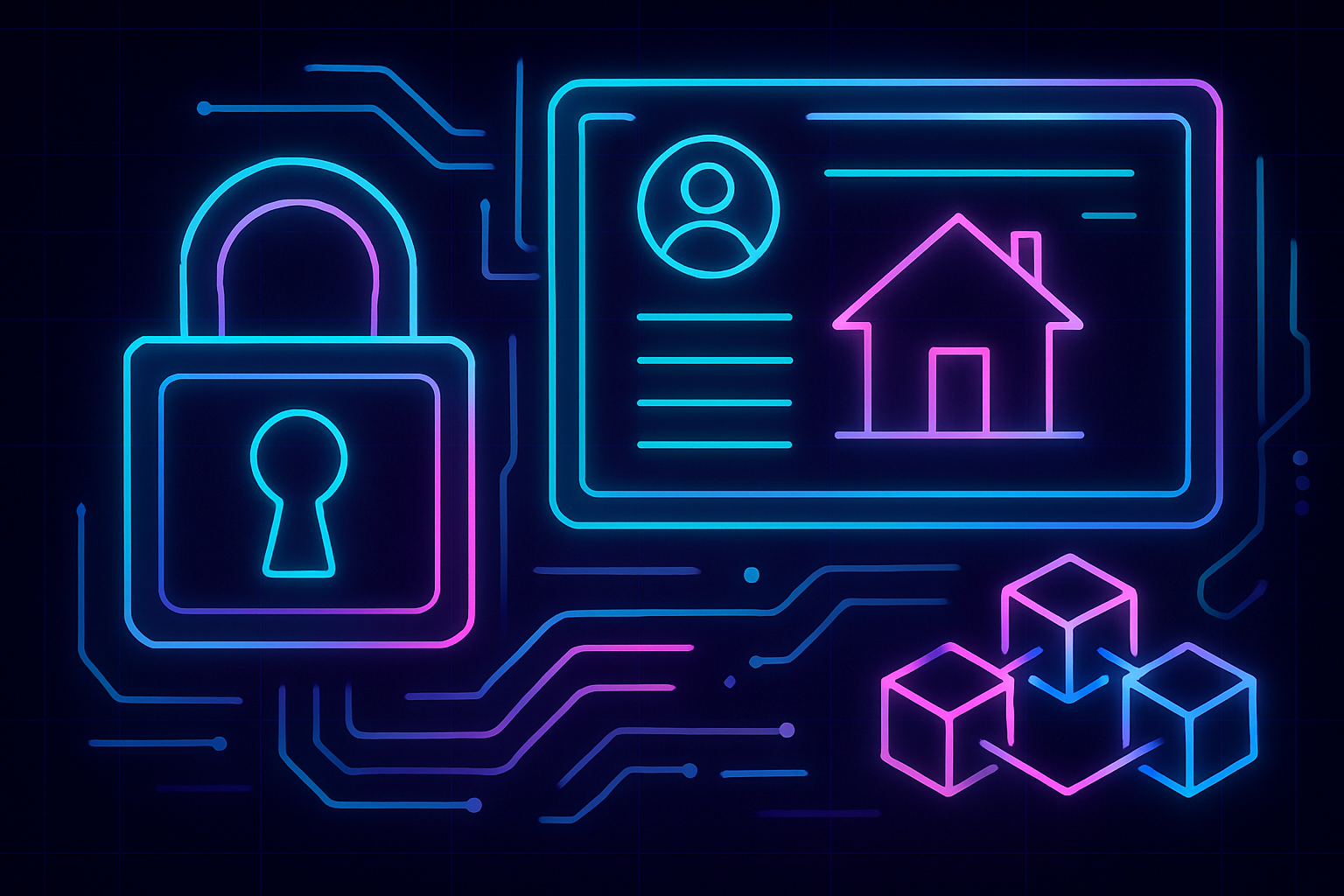
As regulatory scrutiny intensifies across the digital asset landscape, Web3 projects and DeFi platforms are under increasing pressure to implement robust Know Your Customer (KYC) processes. Yet, the very ethos of blockchain is rooted in privacy and decentralization. This tension has spurred a surge of innovation in privacy-preserving KYC, where users can prove address legitimacy onchain without exposing sensitive personal data.

Zero-Knowledge Proofs: The Backbone of Confidential Onchain KYC
Zero-knowledge proofs (ZKPs) are rapidly emerging as the cornerstone technology for privacy-centric KYC solutions. In essence, ZKPs allow one party to prove possession of certain information, such as residency at a specific address, without revealing the underlying data itself. This cryptographic breakthrough enables platforms to verify compliance requirements while preserving user confidentiality.
For example, a DeFi protocol might require proof that a participant resides within an approved jurisdiction. With ZKPs, users can generate attestations confirming their residency status without ever disclosing their actual address or supporting documents onchain. This approach not only minimizes data exposure but also reduces the risk of information leakage and identity theft.
Current Market Players and Implementations
The market is seeing an influx of projects leveraging ZKPs for onchain address verification and zero-knowledge KYC:
Leading Blockchain Projects in Privacy-Preserving KYC
-
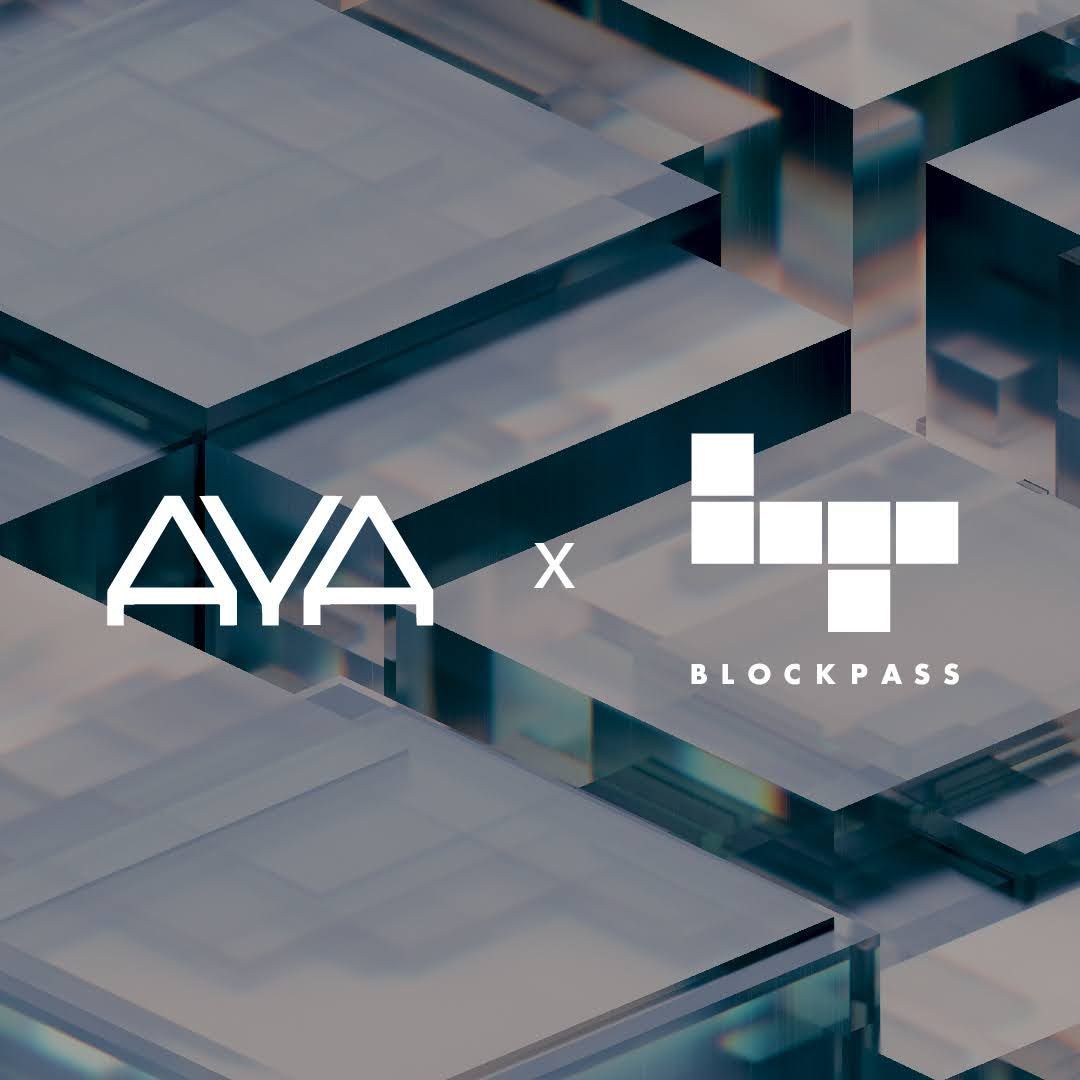
On-Chain KYC® 2.0 by Blockpass: Empowers users to issue on-chain attestations, creating verifiable and reusable digital identities while preserving privacy. Integrates seamlessly with various blockchain ecosystems for compliant, privacy-focused KYC.
-

IOTA Tokenized KYC: Leverages IOTA’s feeless protocol to enable privacy-preserving, on-chain authentication. Reduces fraud risks and enhances regulatory compliance without exposing sensitive data.
-

Solana Attestation Service (SAS): An open protocol on Solana that turns off-chain facts into reusable, verifiable on-chain claims, streamlining KYC and identity verification for decentralized apps.
-
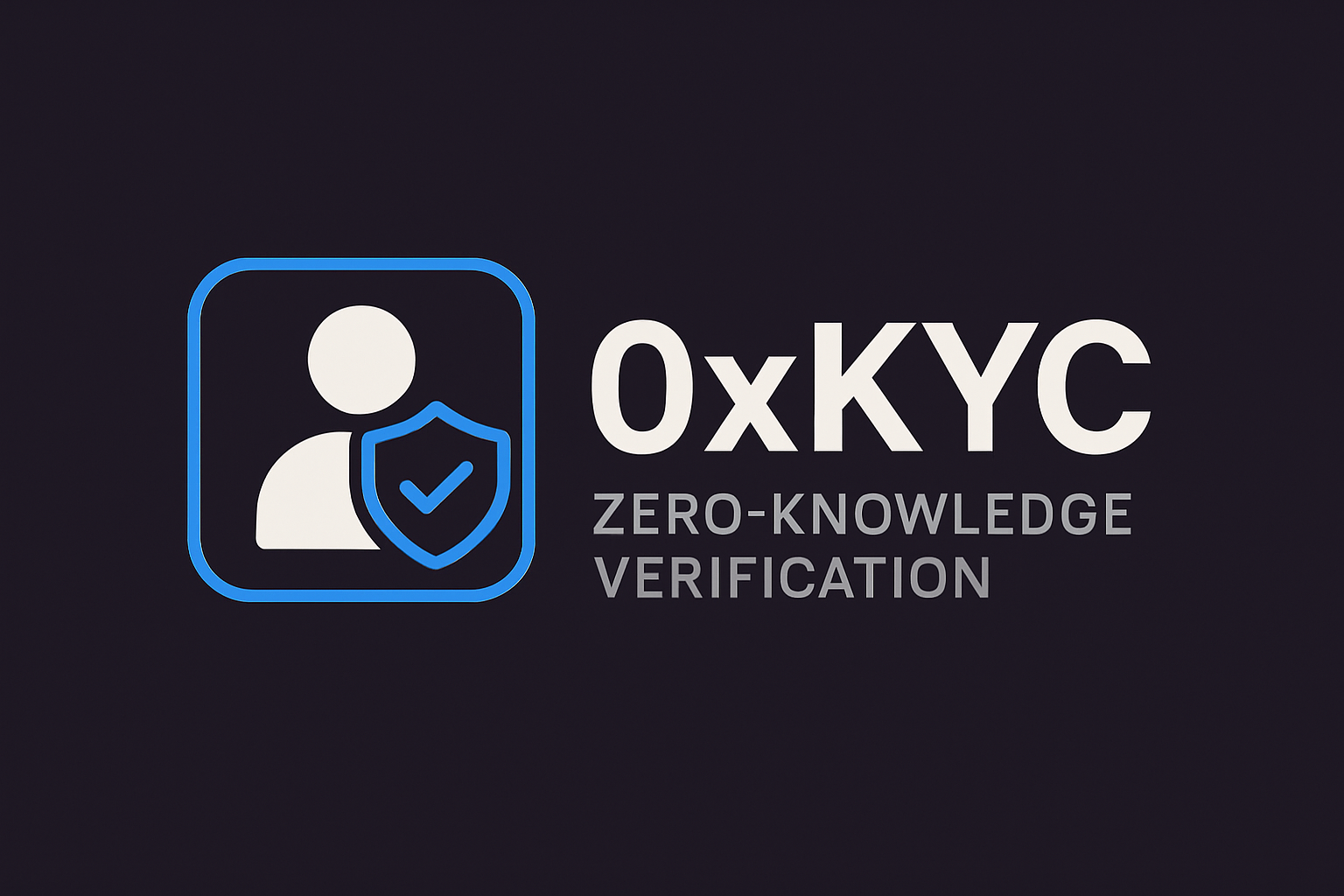
0xKYC: A community-driven project offering zero-knowledge liveness verification and on-chain attestations for proof of personhood and uniqueness, ensuring privacy-preserving identity checks.
-
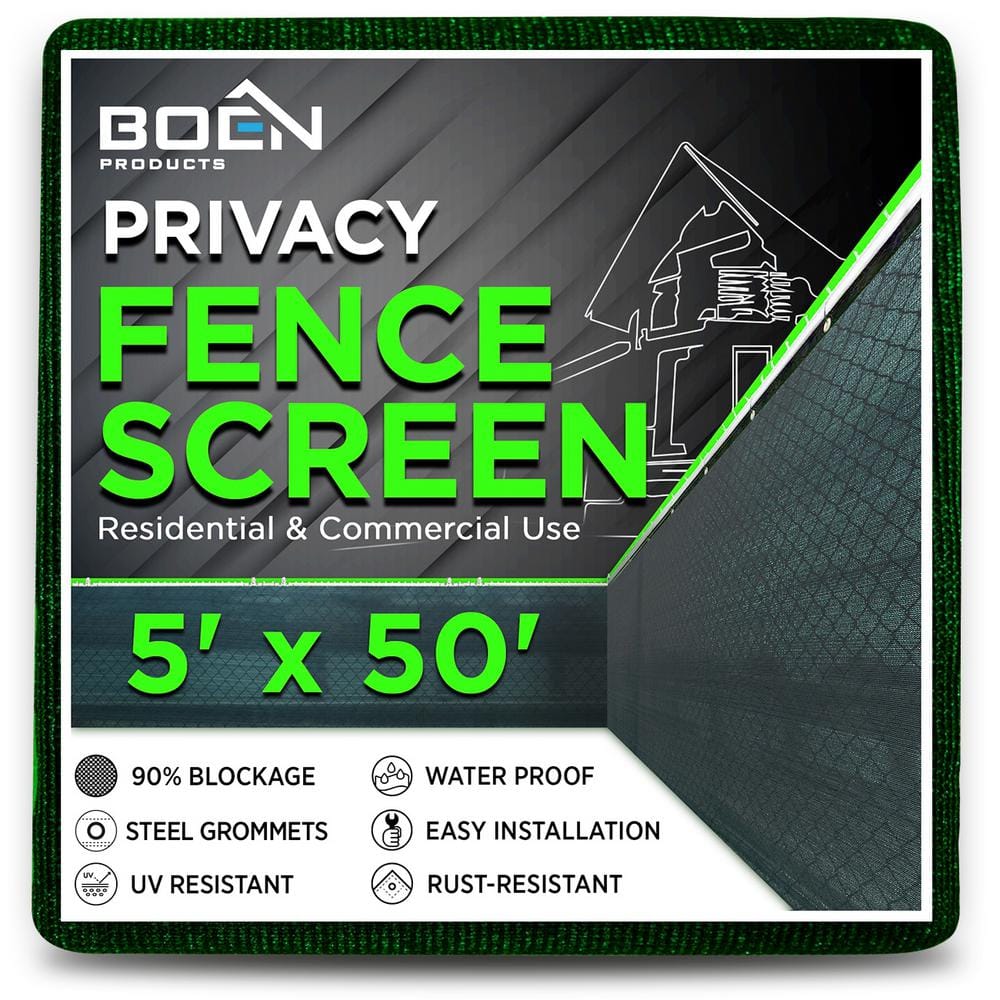
Chainlink DECO: Provides privacy-preserving data attestation using zero-knowledge proofs, allowing users to prove facts about their identity or address without revealing raw data to smart contracts.
-
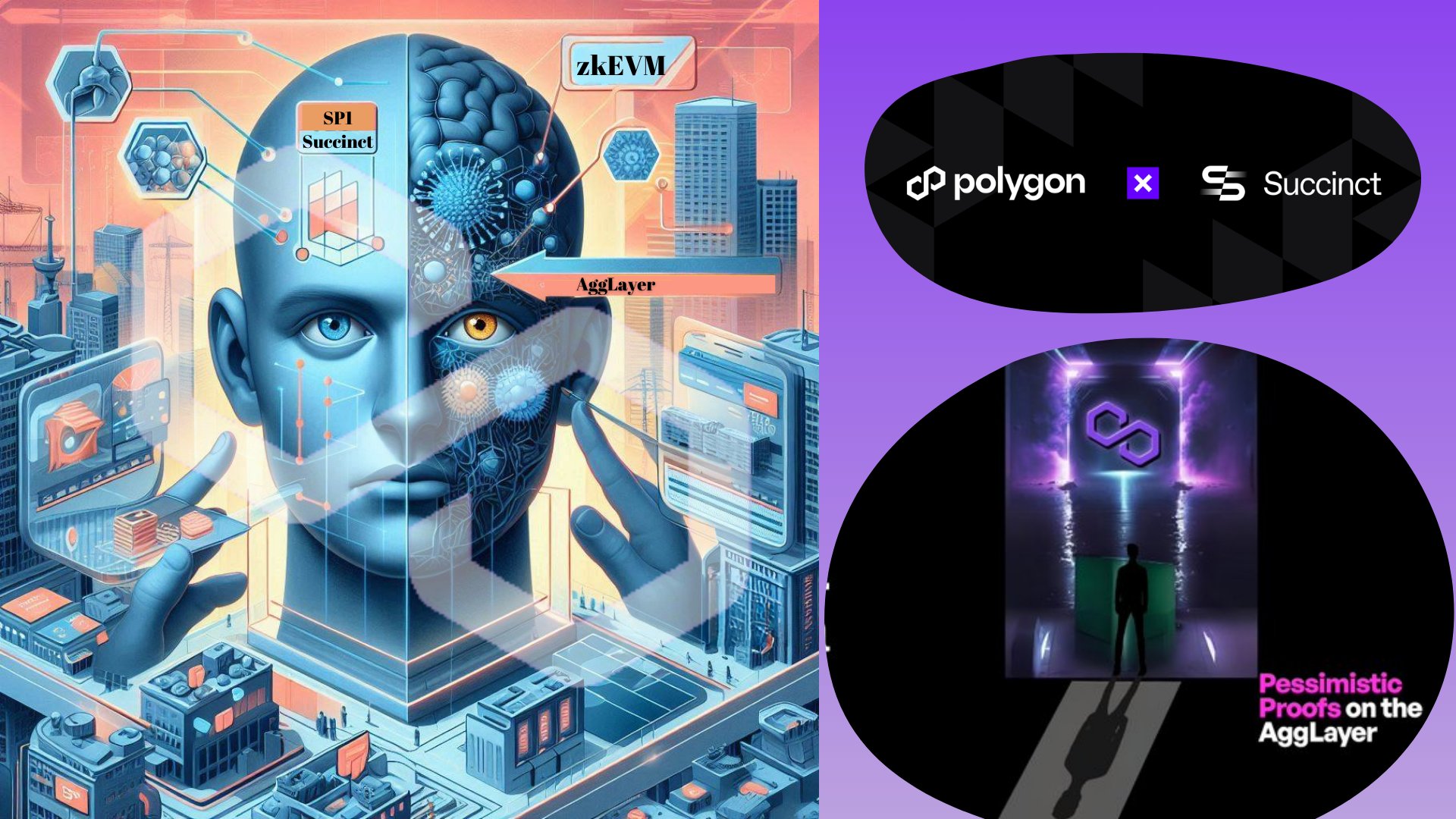
Succinct: Focused on simplifying zero-knowledge proof integration for developers, Succinct’s SP1 tool abstracts cryptographic complexity, making privacy-preserving KYC solutions more accessible across blockchains.
-

Space and Time: Offers decentralized, ZK-verified queries for both on-chain and off-chain data. Their Proof of SQL system enables private, verifiable data queries for KYC and compliance.
-
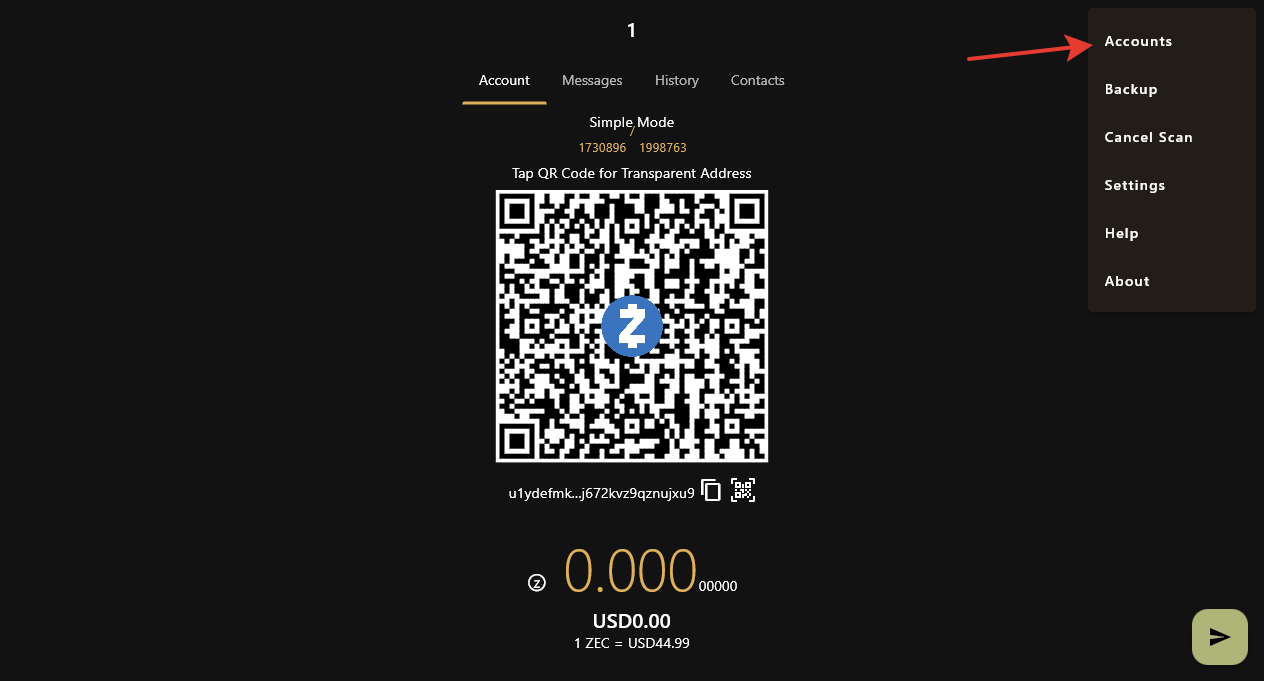
Zcash: A pioneer in privacy technology, Zcash uses zk-SNARKs to shield transaction data, enabling users to conduct private transactions and demonstrate compliance without exposing personal details.
-

Togggle On-Chain Verifiable Proof-of-KYC: Delivers privacy-preserving, on-chain KYC verification, allowing users to prove identity attributes without sharing sensitive documents or data.
-

Sumsub and Linea On-Chain Identity: This integration brings seamless, gas-free identity verification to Ethereum Layer 2, helping users prove their identity while maintaining privacy and regulatory compliance.
- Succinct: Raised $43 million in March 2024 to simplify ZKP adoption with developer-friendly tools, including their open-source SP1 framework.
- Space and Time: Their ‘Proof of SQL’ system delivers verifiable off-chain queries using ZK cryptography, enabling data integrity checks without revealing raw data.
- Zcash: A pioneer in protocol-level transaction privacy using zk-SNARKs, shielding sender, receiver, and amount details from public view.
Additionally, platforms like Blockpass’ On-Chain KYC® 2.0 empower organizations to issue reusable digital identities as onchain attestations (see source: Blockpass). Solana’s Attestation Service (SAS) is also noteworthy for enabling verifiable claims attached directly to wallet addresses, streamlining allowlists and token sales while reducing friction for end-users.
Addressing Challenges: Complexity vs. Usability
The promise of zero-knowledge KYC comes with technical hurdles. Implementing ZKP solutions demands advanced cryptographic expertise, a barrier that has historically limited mainstream adoption. However, new toolkits like Succinct’s SP1 are abstracting away much of this complexity by letting developers work in familiar programming languages rather than wrestling with raw cryptography.
Performance is another consideration; generating and verifying proofs can be resource-intensive. Projects are investing heavily in optimizing these processes to ensure that privacy does not come at the cost of scalability or user experience. Security remains paramount: poorly implemented ZKPs could undermine trust if malicious actors exploit gaps in verification logic or anonymity features (see discussion at medium. com/blockchain-biz).
Interoperability is also a growing concern as the ecosystem fragments across multiple chains and protocols. Solutions such as IOTA’s Tokenized KYC and Chainlink DECO aim to provide cross-chain, privacy-preserving attestations that can be verified regardless of the underlying blockchain. This is critical for allowlist managers, token issuers, and DeFi platforms seeking seamless compliance in a multi-chain future.
Regulatory frameworks are evolving in parallel with these technical advancements. Jurisdictions are increasingly recognizing the potential of cryptographic proofs to meet anti-money laundering (AML) and KYC requirements without mandating mass data collection. The ability to demonstrate compliance, while never exposing PII (personally identifiable information) onchain, represents a paradigm shift for both user privacy and regulatory oversight.
Practical Use Cases: From Token Sales to Gated Communities
Privacy-preserving KYC is already transforming real-world applications:
Real-World Uses of Privacy-Preserving Onchain Address Verification
-

Token Sales & Launchpads: Platforms like Blockpass leverage On-Chain KYC® to allow users to prove eligibility for token sales without exposing their full identity or address. This streamlines compliance while safeguarding user privacy.
-
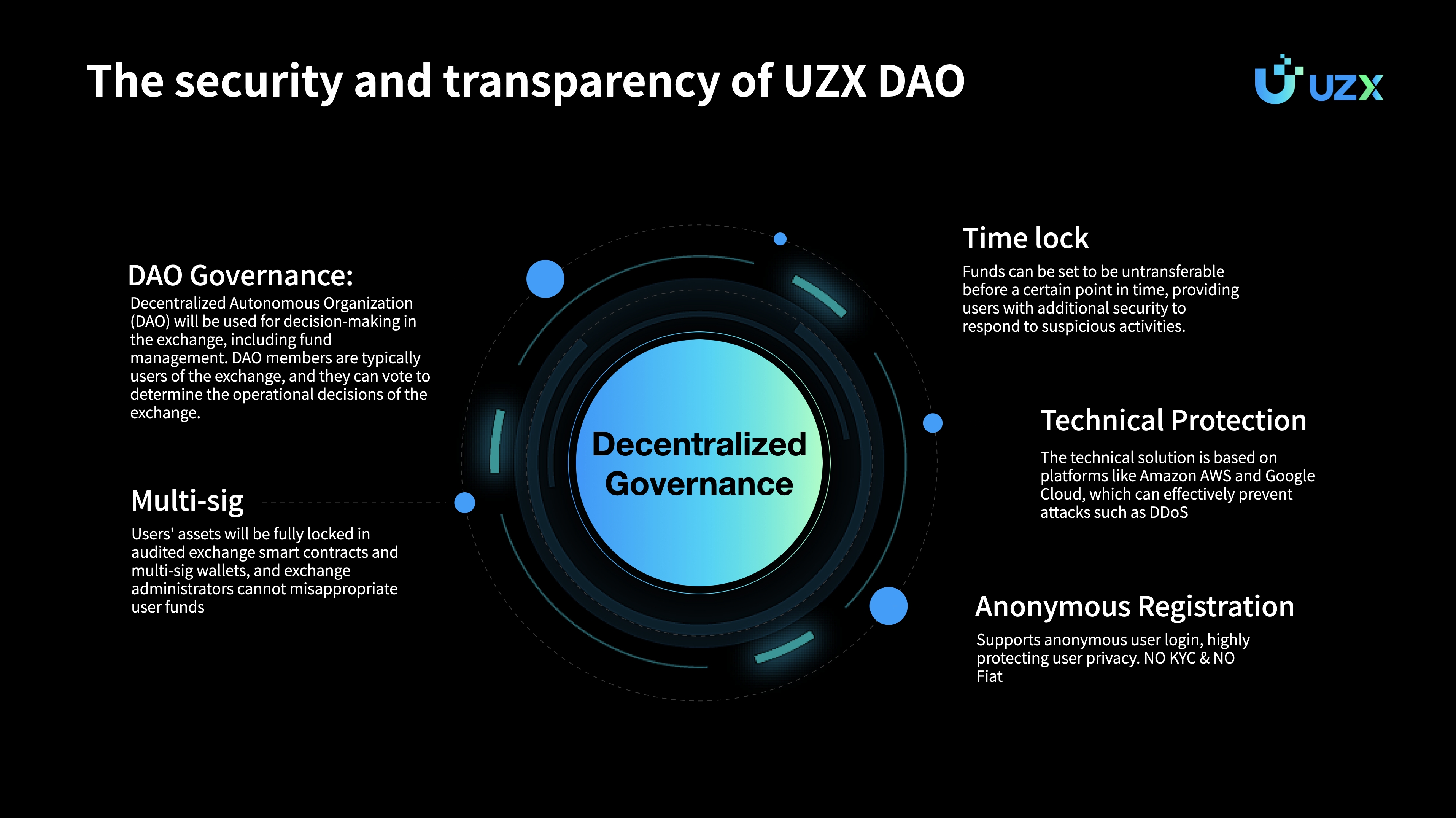
Gated Web3 Communities: Solutions such as 0xKYC enable access to exclusive DAOs or Discord servers by verifying address legitimacy onchain using zero-knowledge proofs, ensuring only eligible members join without revealing sensitive data.
-
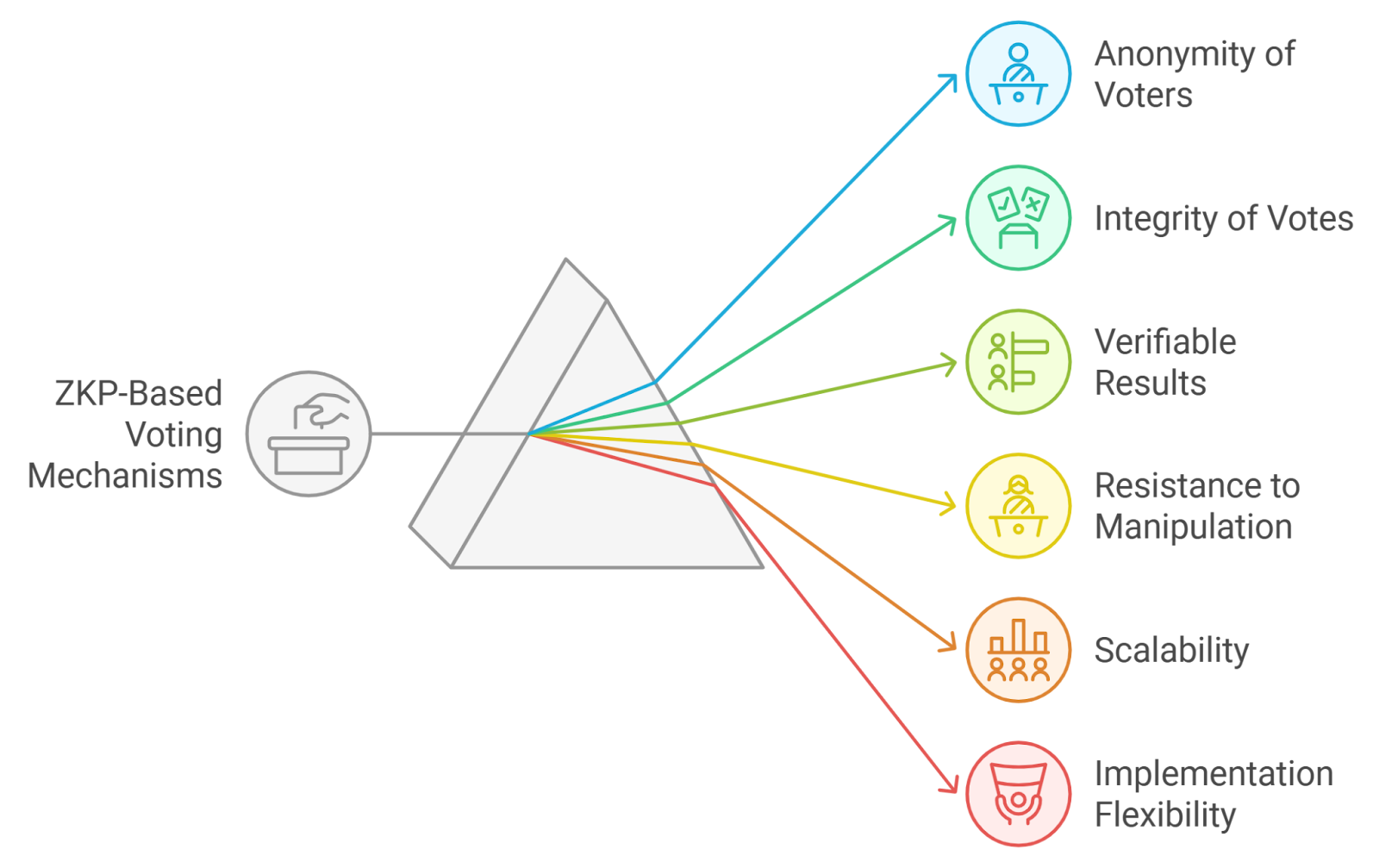
NFT Drops & Whitelisting: Projects like IOTA’s Tokenized KYC allow users to participate in NFT drops by proving residency or uniqueness onchain, preventing bots and duplicate entries while maintaining user anonymity.
-
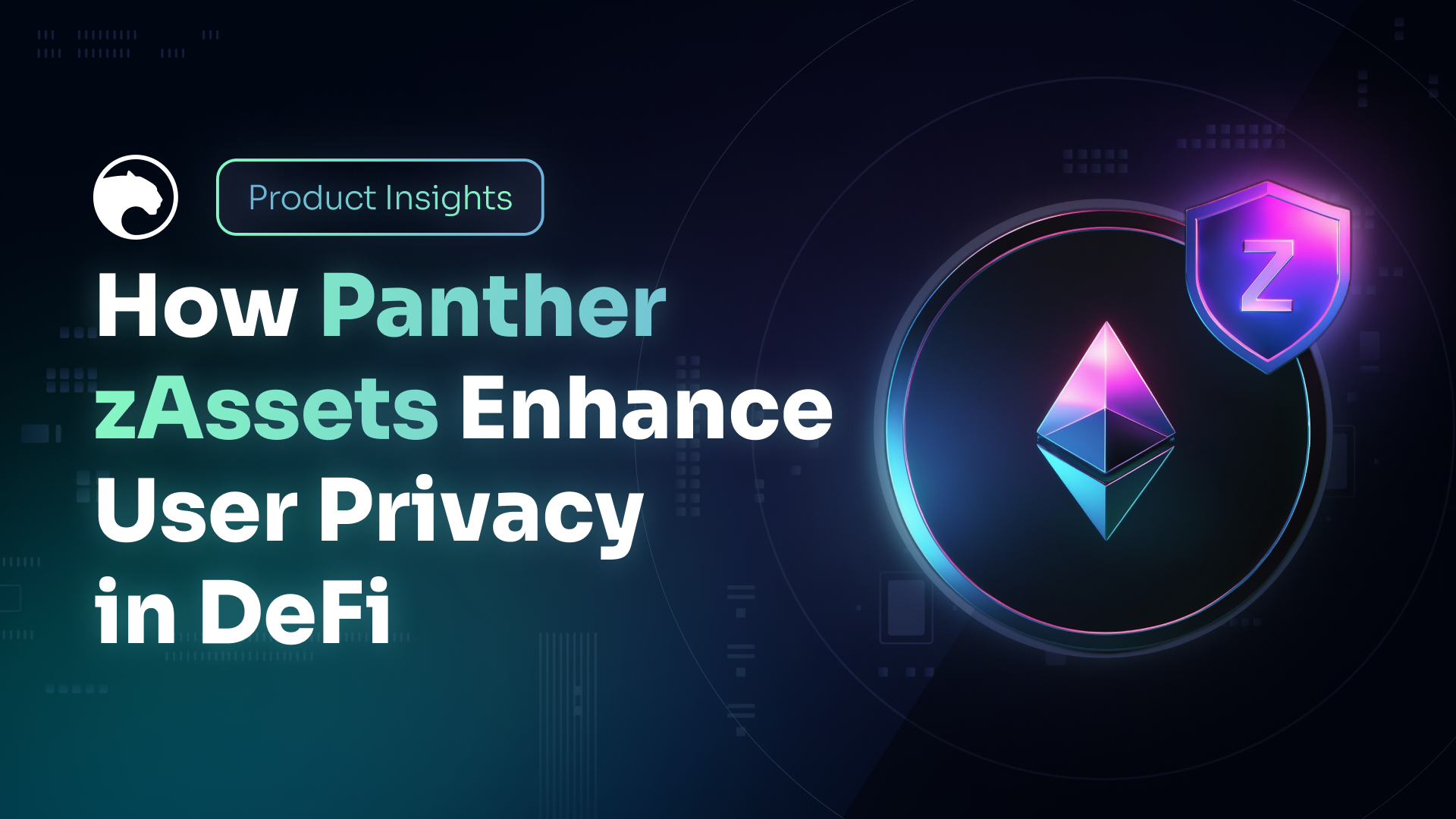
Decentralized Finance (DeFi) Access: Chainlink DECO and similar protocols enable users to prove jurisdictional compliance for DeFi platforms without disclosing their address or identity, supporting regulatory adherence with privacy.
- Token sales and IDOs: Onchain attestations let users prove eligibility without submitting documents to every project, streamlining access and reducing onboarding friction.
- Exclusive DAOs and gated communities: Membership can be restricted to verified individuals while maintaining anonymity within the group.
- DeFi lending and compliance: Platforms can enforce jurisdictional restrictions or risk controls by verifying user status via zero-knowledge proofs rather than storing sensitive records.
This approach not only enhances privacy but also improves operational efficiency for projects managing large-scale allowlists or recurring compliance checks.
Looking Forward: The Road to Mainstream Zero-Knowledge KYC
The trajectory of zero-knowledge KYC is clear: as tools mature and regulatory clarity increases, adoption will accelerate across both permissioned and permissionless ecosystems. The next wave of innovation will likely focus on standardizing attestation formats, expanding interoperability, and further reducing the technical overhead for developers. Already, solutions like Blockpass’ On-Chain KYC® 2.0 and Solana’s SAS are setting precedents for scalable, user-centric digital identity frameworks (see Succinct’s funding news).
The convergence of privacy technology with regulatory needs signals a new era where users control their credentials, organizations minimize liability, and compliance becomes a seamless part of decentralized finance infrastructure.
The takeaway: Privacy-preserving KYC powered by zero-knowledge proofs is not just theoretical, it is being deployed today across major blockchains and DeFi protocols. As this technology matures, expect it to become foundational for compliant yet private digital identity in Web3.







